The University of Chicago Press, Chicago 60637
Copyright 1989 by Stanley Cavell
All rights reserved. Originally published 1989.
University of Chicago Press edition 2013
Printed in the United States of America
22 21 20 19 18 17 16 15 14 13 1 2 3 4 5
ISBN-13: 978-0-226-03738-7 (paper)
ISBN-13: 978-0-226-03741-7 (e-book)
Library of Congress Cataloging-in-Publication Data
Cavell, Stanley, 1926
This new yet unapproachable America : lectures after Emerson after Wittgenstein / Stanley Cavell.
p. cm. (Frederick Ives Carpenter lectures ; 1987)
Originally published: Albuquerque, N.M. : Living Batch Press, 1989.
Includes bibliographical references.
ISBN 978-0-226-03738-7 (pbk. : alk. paper) ISBN 978-0-226-03741-7 (e-book) 1. Wittgenstein, Ludwig, 18891951. 2. Emerson, Ralph Waldo, 18031882. 3. CulturePhilosophy. I. Title.
B3376.W564C38 2013
191dc23
2012033253
 This paper meets the requirements of ANSI/NISO Z39.48-1992 (Permanence of Paper).
This paper meets the requirements of ANSI/NISO Z39.48-1992 (Permanence of Paper).
This New Yet Unapproachable America
Lectures after Emerson after Wittgenstein
STANLEY CAVELL
The 1987 Frederick Ives Carpenter Lectures
THE UNIVERSITY OF CHICAGO PRESS
Chicago & London
To CLAUDE ESTEBAN and in memory of DENISE ESTEBAN
Contents
Work in Progress: An Introductory Report
On learning from the invitation by the Department of English at the University of Chicago to deliver the Carpenter lectures not only that they did not expect to hear a completed book of lectures but indeed that they hoped instead to respond to work in progress, I found myself wondering more consecutively than ever before what philosophical work is, and what constitutes its progress.
The title ideas of the lectures to follow (that of declining decline and that of finding as founding) are two formulations of philosophical work in progress philosophical tasks I call them, and other matters, toward the close of the second lecture. In the first lecture I specify as philosophical work what Wittgenstein means by leading words home, back from the sublime into our poverty; in the second as what Emerson means by stepping, lasting, grounding, achieving succession, all arising in Emersons picturing of thinking, or rather finding ourselves, as on a path, in such a way as to anticipate preoccupations at once of Wittgenstein and of Heidegger. Emerson summarizes philosophical work in progress, in Experience, in picturing wisdom: To finish the moment, to find the journeys end in every step of the road, to live the greatest number of good hours, is wisdom.
Paths leading to and from the work of these lectures are on my mind as I complete whatever revising of them can be done reading them in galley proof here, under a clear July sky, sitting on a redwood balcony that looks toward a harbor on the coast of California, at Santa Cruz, where together with five or six other staff members and some twenty younger teachers drawn by one another but encouraged mightily by the latitude I am participating for the month in an Institute on Interpretation sponsored by the National Endowment for the Humanities. As the basis for the discussions that are scheduled on my work, I have assigned, in what I hope will be a fairly final draft, my three Carus lectures, delivered to the American Philosophical Association at its meetings last March, to which I have given the title Conditions Handsome and Unhandsome, registering shared sources between those three lectures and the present two with the title This New yet Unapproachable America both titles are phrases taken or adapted from Emersons essay Experience. I have also brought with me the copyedited manuscript of another volume of lecture sets of mine, In Quest of the Ordinary: Lines of Skepticism and Romanticism. This for me unprecedented crush of preparation of manuscripts for printing has heightened the usual wish that one were less limited in art and scope and the usual anxiety as work separates itself for publication. These experiences were heightened further, or condensed, in three incidents at Santa Cruz no one of which need have been particularly marked. The first two incidents formed one of the endless pairs of interacting passages that weeks of discussions with the same group are bound to produce; the third was my beginning to read The Literary Absolute: The Theory of Literature in German Romanticism, the translation that has just appeared of Labsolu littraire (1978) by Phillipe Lacoue-Labarthe and Jean-Luc Nancy, one of a small set of books that I picked from an ambitious pile of possibilities and necessities, naturally at the last moment, to take along to California to help me prepare my thoughts for fall classes.
The first of the pair of passages from the Santa Cruz discussions was from the one in which Hubert Dreyfus presented Heideggers The Origin of the Work of Art, cautioning at the outset that what Heidegger calls the work of art (Heidegger names this work letting truth happen) is not to be found in everything we call works of art, and moreover may be found in things we do not call works of art. (Obscure as this is, it is worth trying to go on with some thought of the kind for the value of its opposition to what is, I believe, the currently reigning view (among philosophers? among critics?) that everything and anything and nothing else but something that just about any community calls (or institutes as) art (or rather an artwork) is art.) Dreyfus mentioned among other things that Heidegger believes that thinkers also do the work of letting truth happen. I said in my intervention that something of the kind in my reading of Emerson has raised a string of questions for me: Does it signify that art and philosophy (and whatever else does this work) are now the same? So is Heidegger claiming that the fate of philosophy is joined (now? again?) with the fate of art? Is our relation to Heideggers writing (to be) that of our relation to art? How are we to understand (this) work as being done in this (Heideggers) text? Does the work of his text say and/or show that its work is that of philosophy and/or art? Isnt Heidegger consistently careful to deny that poetry and philosophy are the same? (He is careful to deny that religion and philosophy are the same, presumably on the ground that philosophy cannot acknowledge religion as letting the way religion works to let truth happen, say by authority or by revelation. Then can philosophy acknowledge the work of politics to what extent does it define Heideggers curse to say that he saw politics as letting truth happen?)
In the other of the pair of passages from our discussions this one about my Carus lectures Richard Rorty remarked that, like a number of other people now, I am engaged in a process of recanonization, promoting certain texts and demoting others. This is, Rorty continued, a good thing to be doing; but to go on to worry whether certain of the texts I promote are philosophy or are something else (say literature) is unnecessary; or rather, it is something deans worry about. I muttered something about there being different ways of raising the worry and about my caring in principle not at all which texts get on a list but rather how a text is to be discovered and taken up taken up, of course, with my interests. (So the unnecessary worry arises here? But I do not know that my dean is worried about the source and constitution of my interests. Yet I am.) Would it have helped to add that what I care about in a work is what the work shows itself to be, to let happen, to care about, and that this is not something that can be known by how a dean, or anyone else, decides to classify texts and thereupon to invest in them?
Here is where The Literary Absolute
Next page

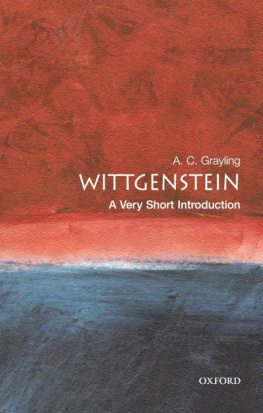
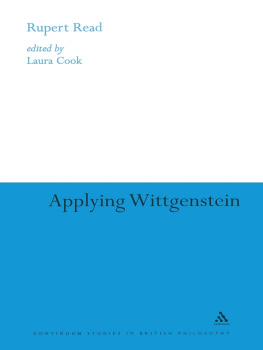
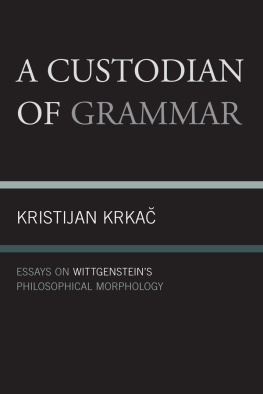
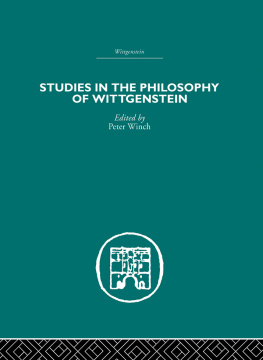

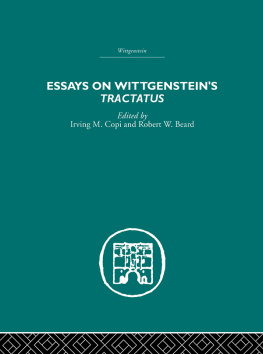
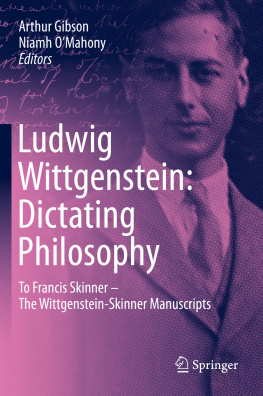
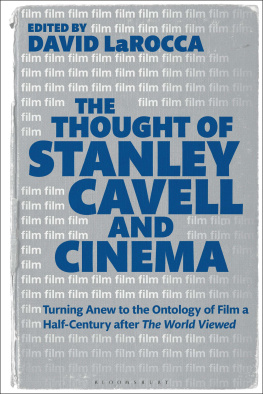


 This paper meets the requirements of ANSI/NISO Z39.48-1992 (Permanence of Paper).
This paper meets the requirements of ANSI/NISO Z39.48-1992 (Permanence of Paper).